Currently, the trade of fake cosmetics, low-quality cosmetics, and unknown origin is quite common. The use of cosmetics that do not guarantee quality seriously threatens the health of consumers.
At Mini mart Hai Uyen on Dien Bien I street (Hung Yen city) currently on sale Diverse in types and designs of cosmetics from shampoo, hair dye, beauty cosmetics, skin care, perfume...
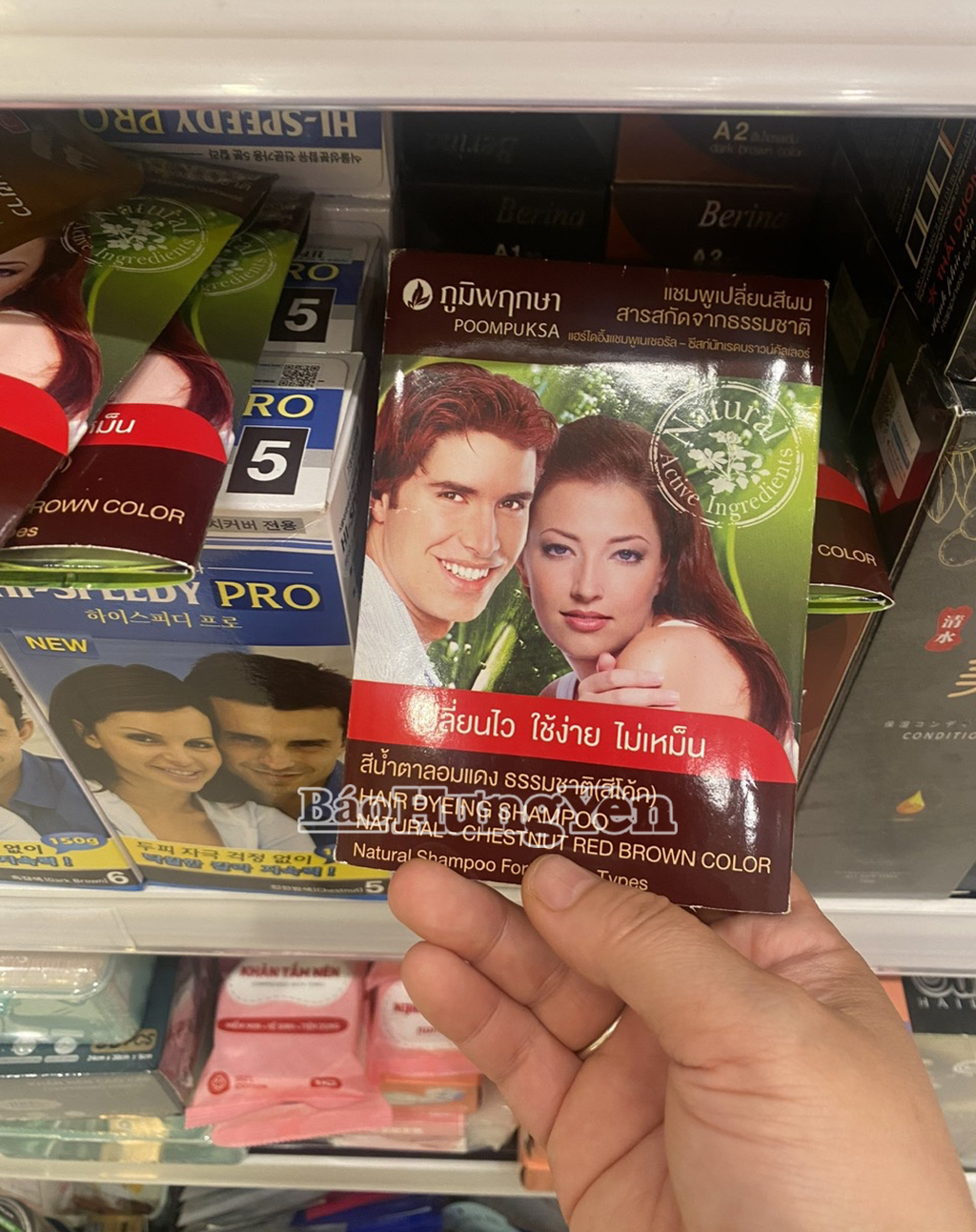
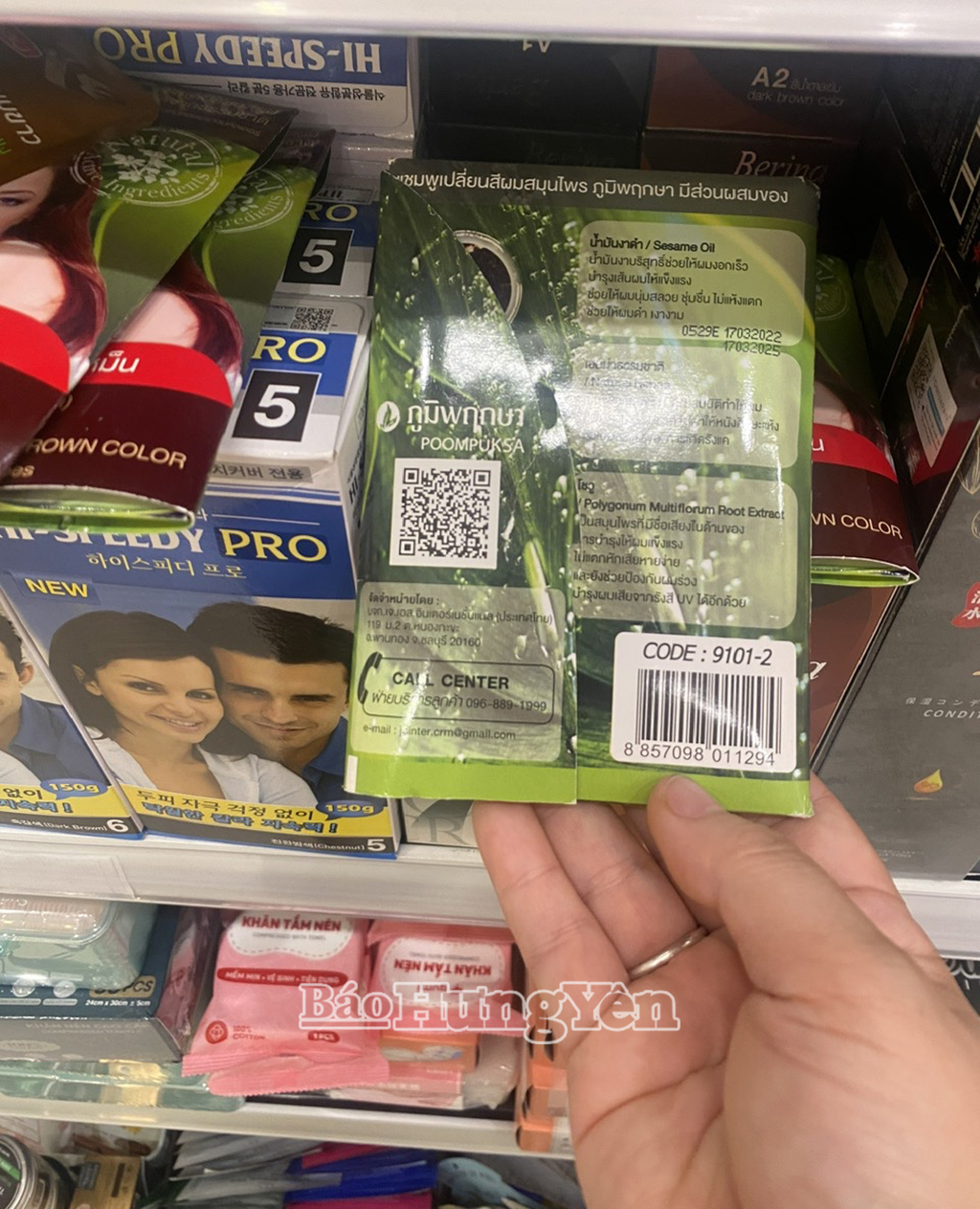
Among them, many products have foreign origin labels but do not have Vietnamese sub-labels as required by law. Information about origin, instructions for use or warnings are not shown in Vietnamese on the product. Buyers who want to know how to use or dosage must ask the sales staff. Not to mention the quality, the lack of basic information in Vietnamese on the product makes it difficult for consumers to find information about the product's uses, how to use, how to preserve, origin of the product, importer, production date, expiry date, etc.
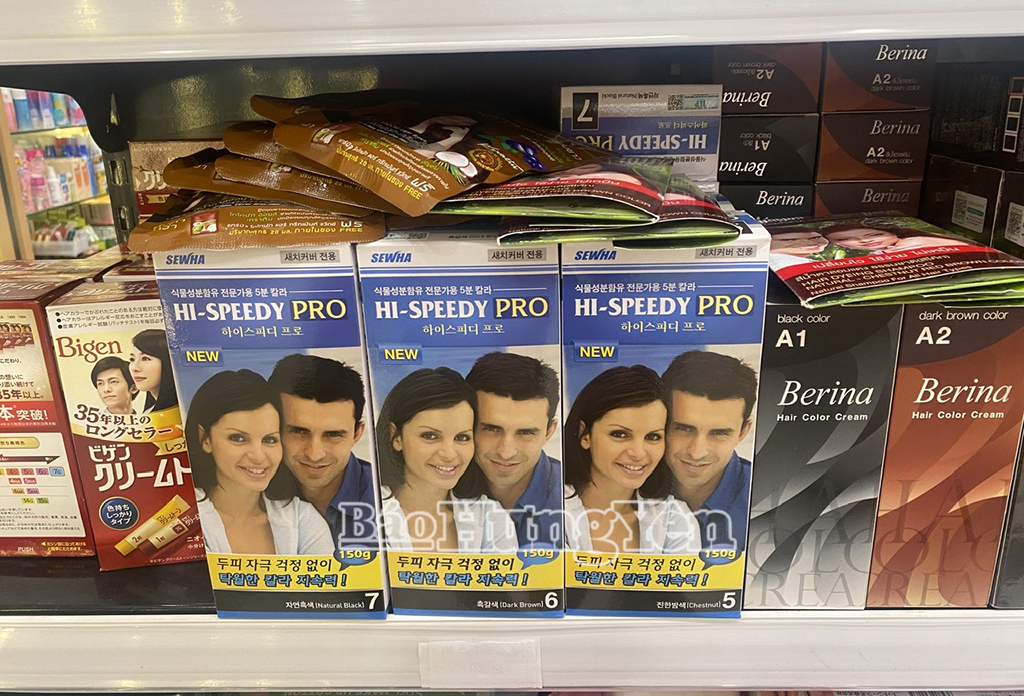
Imported cosmetics stores in Hung Yen city
In 2024 and the first months of 2025, the provincial market management force inspected, detected and seized thousands of cosmetic products of unknown origin for handling and destruction according to regulations. However, the situation of selling cosmetics of unknown origin is still quite common, affecting the rights of consumers.
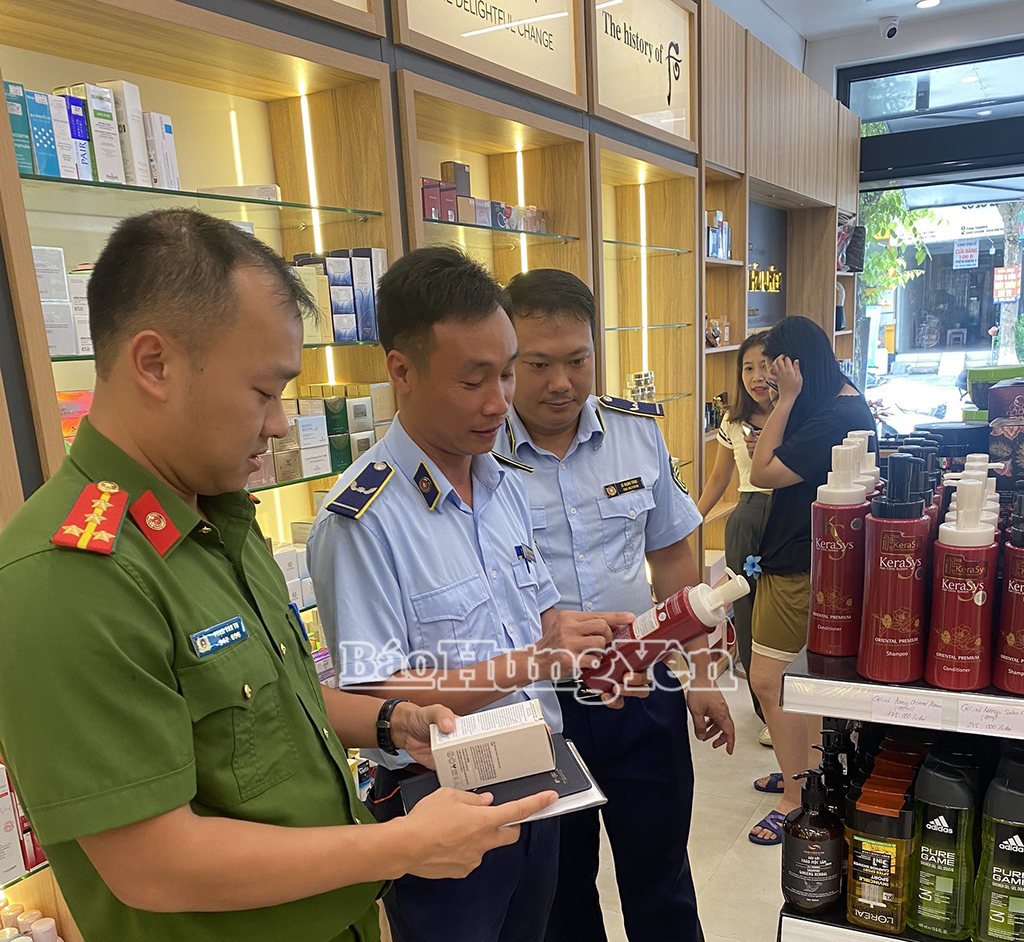
In addition to being sold directly in stores, cosmetics of unknown origin are also advertised on social networking sites. Through images and livestreams, cosmetics of unknown origin are labeled as “hand-carried goods” with advertisements of “genuine goods, cheap prices” that appeal to the psychology of wanting cheap things to deceive consumers.
Ms. Nguyen Thi Bich, a resident of Nhu Quynh town (Van Lam) shared: I bought some skin care cosmetics on Facebook after hearing the seller advertise that they were hand-carried from Japan. Seeing that the products they advertised were from a relatively famous Japanese brand, and the price was quite "affordable", I placed an order. However, after receiving the products, I saw that they were all in foreign languages and the label did not show the production date or expiration date. Seeing that, I had to throw them away and did not dare to use them because I was afraid that they would harm my skin or even affect my health.
According to the law, goods imported into Vietnam whose labels do not show or do not show enough mandatory information in Vietnamese must have a supplementary label showing mandatory information in Vietnamese and keep the original label of the goods. The content written in Vietnamese must correspond to the content written on the original label.
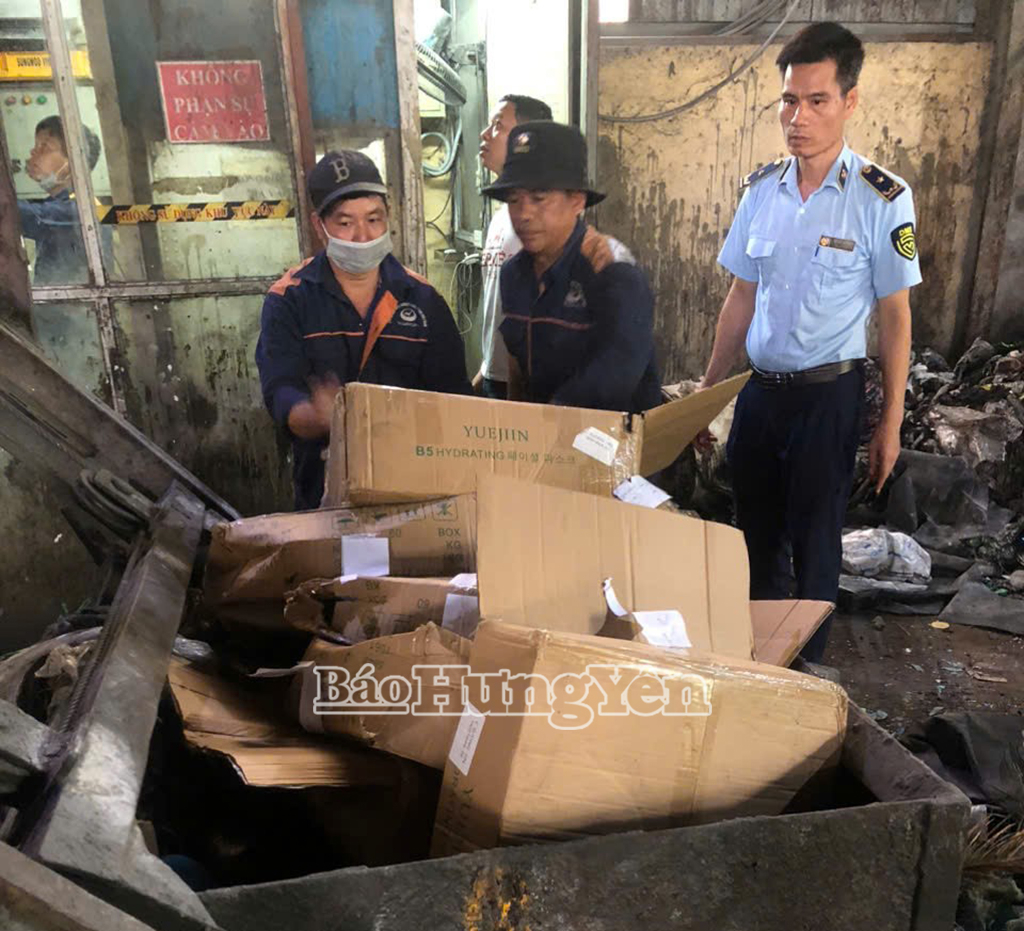
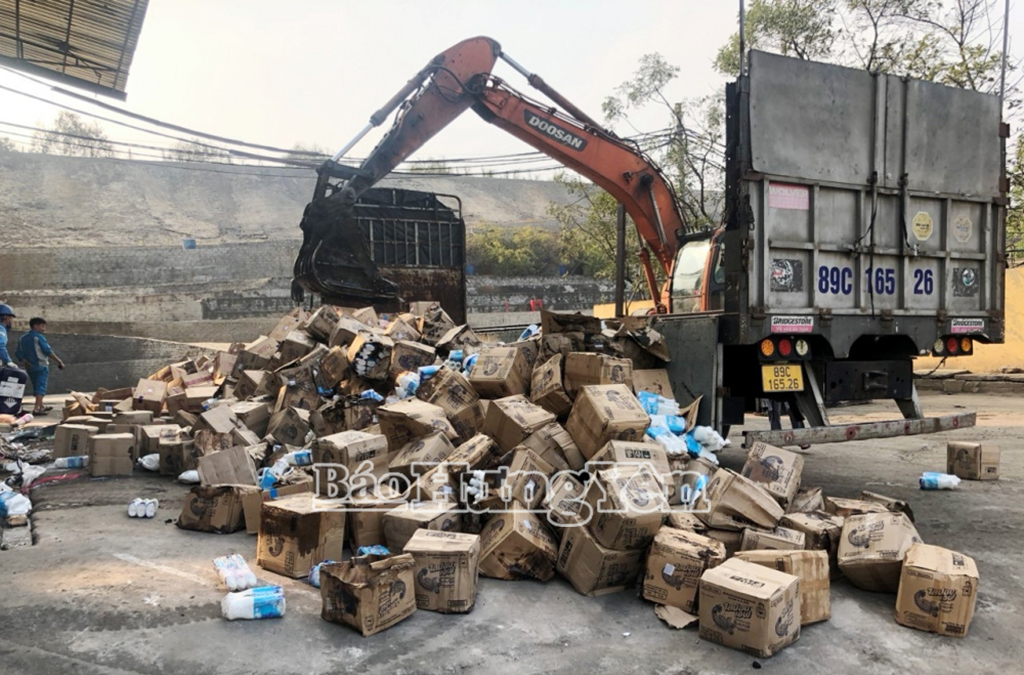
The display and sale of imported products without Vietnamese labels makes it impossible for consumers to find basic information about the products. Not to mention the quality, the lack of information in Vietnamese makes imported products lack transparency and creates an opportunity for counterfeit, fake and poor quality goods to take advantage of and deceive consumers. This causes economic and health damage and makes it difficult for authorities to manage and control the market.
Source: https://baohungyen.vn/my-pham-khong-ro-nguon-goc-xuat-xu-tran-lan-tren-thi-truong-3181489.html





![[Photo] General Secretary To Lam receives Chief of the Central Office of the Lao People's Revolutionary Party](https://vphoto.vietnam.vn/thumb/1200x675/vietnam/resource/IMAGE/2025/5/30/140435f4b39d4599a3d17975dfb444c5)
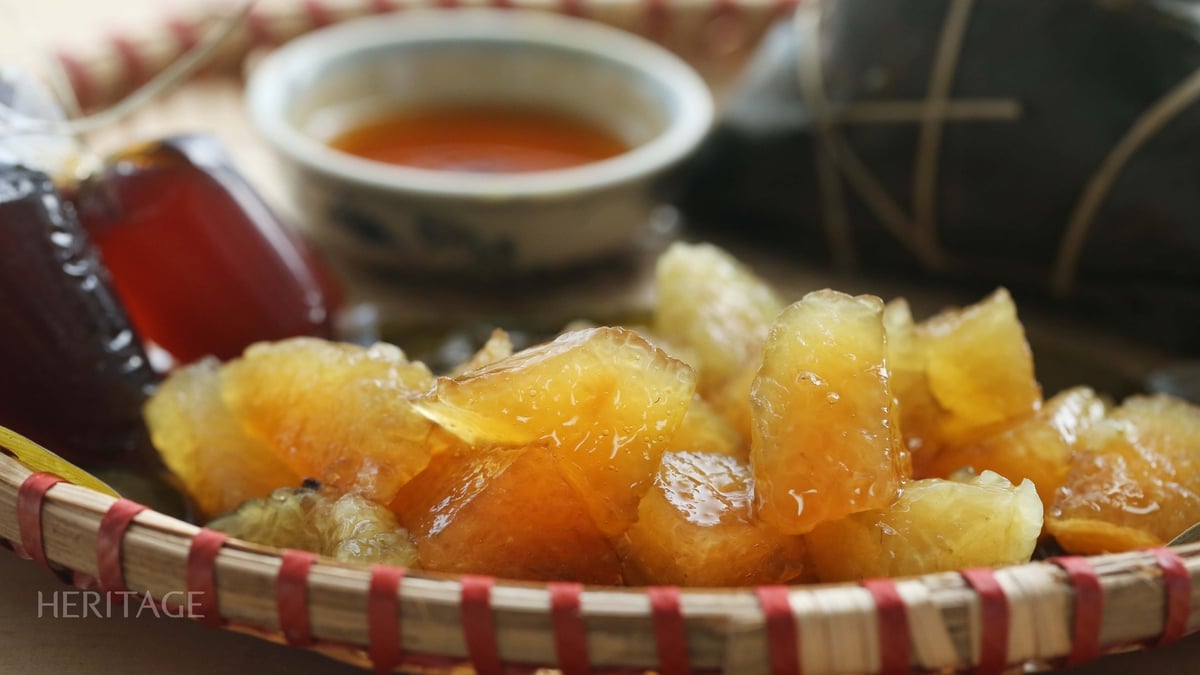



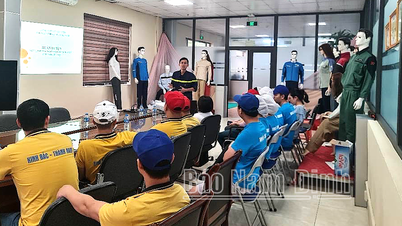

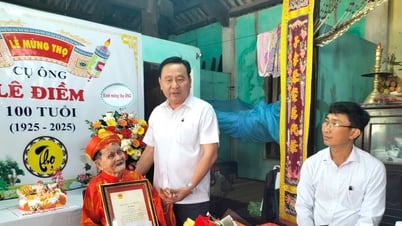



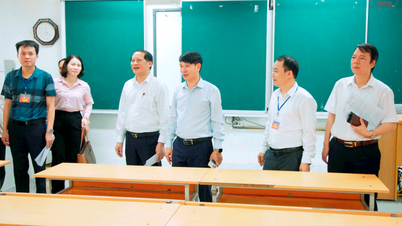






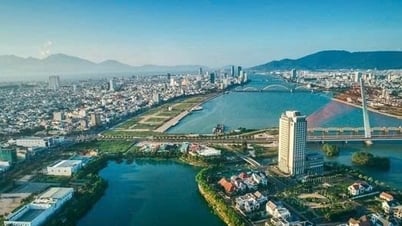
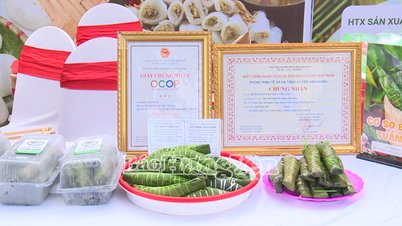
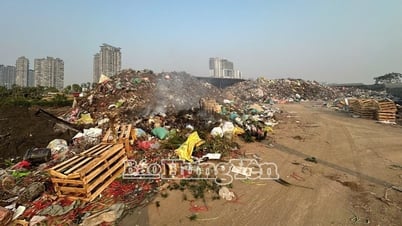
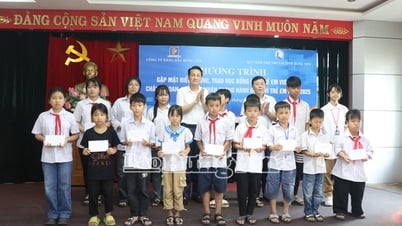



![[Photo] National Conference "100 years of Vietnamese Revolutionary Press accompanying the glorious cause of the Party and the nation"](https://vphoto.vietnam.vn/thumb/1200x675/vietnam/resource/IMAGE/2025/5/30/1cf6cd5c8a934ebfa347028dcb08358c)



























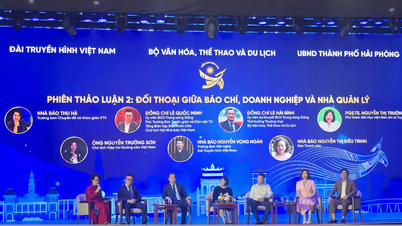





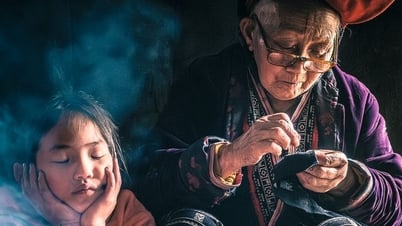





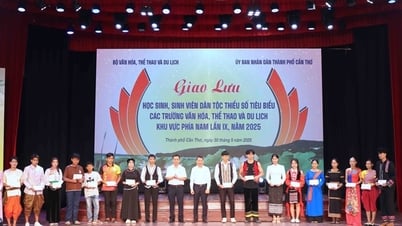

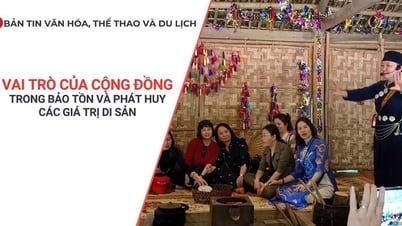
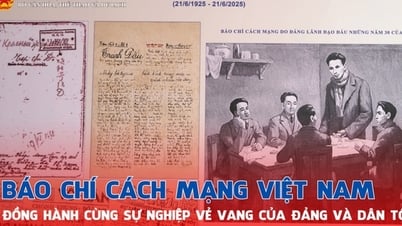


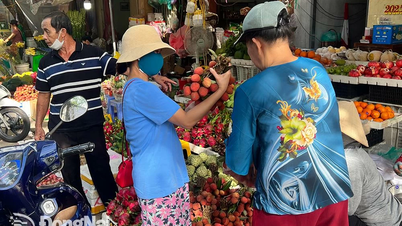








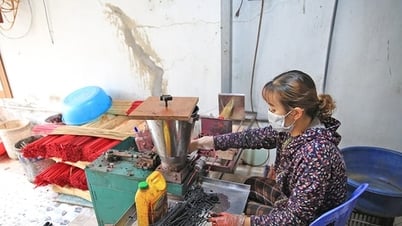







Comment (0)